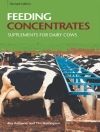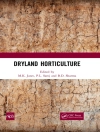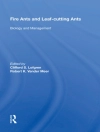Oils and fats are almost ubiquitous in food processing, whether
naturally occurring in foods or added as ingredients that bring
functional benefits. Whilst levels of fat intake must be controlled
in order to avoid obesity and other health problems, it remains the
fact that fats (along with proteins and carbohydrates) are one of
the three macronutrients and therefore an essential part of a
healthy diet.
The ability to process oils and fats to make them acceptable as
part of our food supplies is a key component in our overall
knowledge of them. Without this ability, the food that we consume
would be totally different, and much of the flexibility available
to us as a result of the application of processing techniques would
be lost. Obviously we need to know how to process fatty oils, but
we also need to know how best to use them once they have been
processed.
This second edition of Edible Oil Processing presents a
valuable overview of the technology and applications behind the
subject.
It covers the latest technologies which address new environmental
and nutritional requirements as well as the current state of world
edible oil markets.
This book is intended for food scientists and technologists who
use oils and fats in food formulations, as well as chemists and
technologists working in edible oils and fats processing.
Sobre o autor
About the editors
Wolf Hamm (retired) has been a consultant to the Oils and Fats Industry, and is based in Harpenden, UK.
Richard J. Hamilton is Emeritus Professor at Liverpool John Moores University, UK.
Gijs Calliauw is Development Manager Modification at Desmet Ballestra, Belgium.












